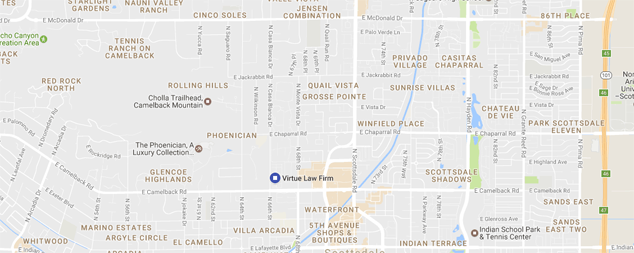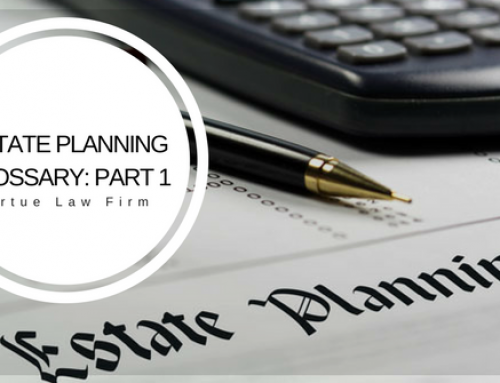When an “estate” is mentioned, most people assume it means having so much in terms of property. In law terms however, an estate it something you own-it could be your car, your savings account, furniture or even personal possessions. As such, most people do have an estate. In the event you wish to control how your estate is managed upon your death then you need what is known as “estate planning”. With estate planning, you have control over who receives what and when you wish them to receive it.

Most people tend to think that estate planning is for the older or retired people, but that isn’t the case. No matter how old you are, as long as you are of legal age and own property, you need to consider estate planning. This is because death is unpredictable. As such, you may need to control how you wish your estate to be managed upon your death. Besides death, accidents and illnesses are also motivators for small estate planning.
What happens if there is no estate planning?
In case you fail to plan for your estate then your state will plan it for you. Unfortunately, the state’s plan may not be what you wish for your estate. In case you die minus an intentional estate plan for example, any assets that you may have will be distributed according to the probate laws in your state. For example, in case you are married with kids then each member of your family will receive a share. In case there are minors involved then the estate will retain control over their inheritance. In the event that both parents die then the court will appoint a guardian for the children- the person chosen may not be the person you would have chosen!
Taking the above example, it is important to plan for your estate while you can. You can either leave a will or living trust as part of your estate plan. With a will, you will indicate how you wish your property or assets to be distributed upon your death. The problem with a will is that it is subject to probate-this means that your assets will have to go through your state’s probate process before they can be distributed to the rightful heirs. Jointly –owned property or assets such as life insurance or annuities that let you name a beneficiary may not necessarily go through probate-unless a valid beneficiary is not named.
With a trust on the other hand, your assets remain managed by the trustee you select until the beneficiary reaches the age you wish them to inherit the property or assets. Unlike a will, a trust (a revocable living trust) can avoid probate at death.
With the help of an experienced estate lawyer in Scottsdale, you should be able to make appropriate plans for your estate.
Ways in which estate planning can be useful
With estate planning, you should be able to:
- Provide instructions for your care in the event that you get disabled before you die
- Provide instructions for the distribution of your valuables
- Name a guardian for minor children
- Make stipulations for your irresponsible loved ones to help protect their future
- Provide for your family upon death with life insurance or continue to financially support them with disability income insurance in case you are unable to work due to injury or illness
- Keep taxes, court costs and any other legal fees at a minimum
- Be able to transfer your business when you become disabled, retire or when you pass away
At the end of the day, Arizona estate planning can help you enjoy peace of mind knowing that you have properly planned for your Scottsdale estate. As such, you should not wait to make the necessary arrangements for how you wish your property to be managed in case of an illness, accident or death.
Published By:
Virtue Law Firm
Scottsdale, AZ 85251
Phone: 480-941-0710
Website: arizonaestatelawyer.com
Email: [email protected]





